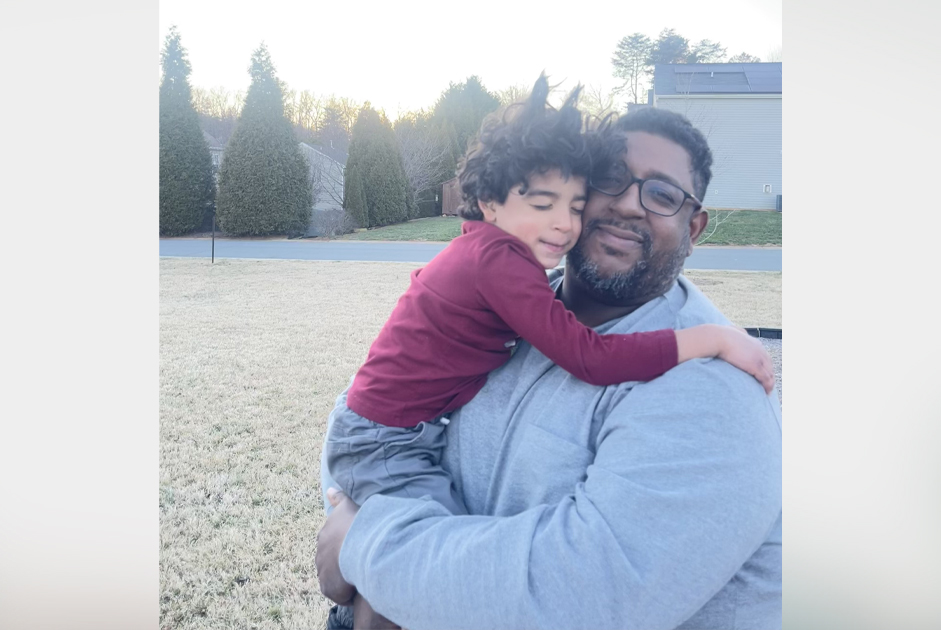As a teacher, I’m often met with mixed responses when I tell people that I teach middle school. Some people view middle schoolers as being disorganized, moody, etc. Yet, these years, ages 10-14, are my favorite age group, and I love teaching them.
The three or four years of middle school can bring many changes, challenges, and joys in a person’s life. According to the National Middle School Association, “Young people undergo more rapid and profound personal changes between the ages of 10 and 15 than at any other time in their lives.” During this stage, a child changes from a pre-teen to a teenager. He or she develops physically, mentally (cognitively), emotionally, academically, and socially. Sometimes these transitions can be confusing and overwhelming, not just to the child, but also to those around them, such as their parents, siblings, other family members, and friends. One of the best ways to help a middle schooler through these years is by understanding what they are going through and offering them a great deal of support. After all, middle school can make a huge impact on a person’s life!
Physical Changes:
Middle school students are classified as pre-adolescents and adolescents, and are commonly known as pre-teens and teenagers. Males and females are headed into puberty, with girls maturing at an earlier age, starting as early as nine years old. Common changes include increases in height and weight, voice deepening for males, and hormone changes. Clinical psychologist Dr. Laura Kirmayer states in the article, “Parenting Tweens: Everything You Should Know,” that the physical changes “Can result in awkwardness, clumsiness, and actual growing pains from extreme growth spurts.” In addition, Dr. Kirmayer adds that children can become self-conscious about their bodies and the changes on the inside and outside. Promoting positive self-esteem, self-confidence, and body image at home is helpful.
Social and Emotional Changes:
Two of the main aspects of the social and emotional transformations of middle schoolers are how they view others, especially their peers, and relationships. Pre-teens and teenagers want to be independent, have more responsibilities, and plenty of space to figure out who they are. Sometimes they don’t think through the consequences and risks of new experiences. It is normal for a child to show a different personality each week—decide how they want to talk and what to wear, for example. A person in this life stage is said to be “testing the waters” to see what type of person they want to become. They look to their friend groups and peers for advice and guidance. There is the pressure to fit in, which can lead to trying different looks and outlooks. However, it is important for parents to be aware of who they are hanging around with, as bullying can become a big problem at this age. In addition, students are starting to think about dating and liking others. Lastly, pre-teens and teenagers are being influenced by the media, social media, role models, and adults in their lives. They are creating a foundation for their values and beliefs, while realizing what the culture expects. A parent or guardian should help their child determine the difference between right and wrong.
As for the emotional changes, every situation, incident, and moment is heightened and sometimes more dramatic than it really is. Pre-teens’ and teenagers’ brains develop slower than other areas and make the kids more sensitive to their emotions, as well as the emotions of others. Don’t always assume they are moody. In the same article listed above, Dr. Kirmayer writes, “It’s normal for kids this age to have really intense swings of emotions and interpersonal dynamics.” Hey, life is confusing for a middle schooler.
Cognitive/Mental Changes:
All the multiple changes impact each other. The social influences and emotional changes can affect how your child thinks. During this period, a kid is going from the literal, self-absorbed perspective to becoming aware of theirs and others’ thoughts. Again, they care about what their peers and others think of them; they compare themselves with others, and unfortunately, pay less attention to the advice of their parents and guardians. Teaching your pre-teen or teenager how to regulate and tolerate what they are thinking, feeling, and seeing is key.
Don’t be alarmed if any these developmental changes have an impression on your middle schooler’s academics. It is hard going to a new school and through the multiple transitions. Be there for your middle school student, offer advice, and keep reminding your child that all the changes they are going through are normal and that everyone goes through this stage of life.



















